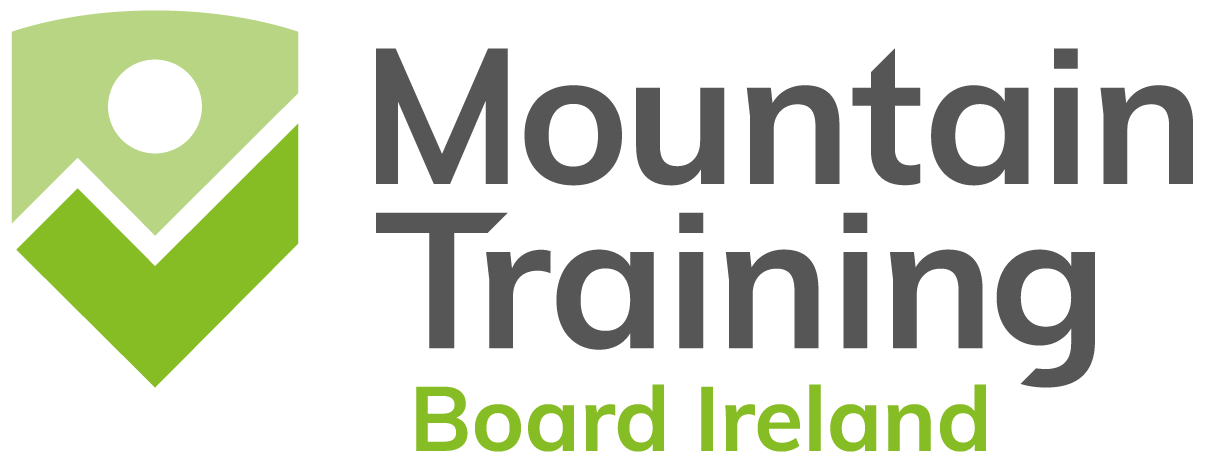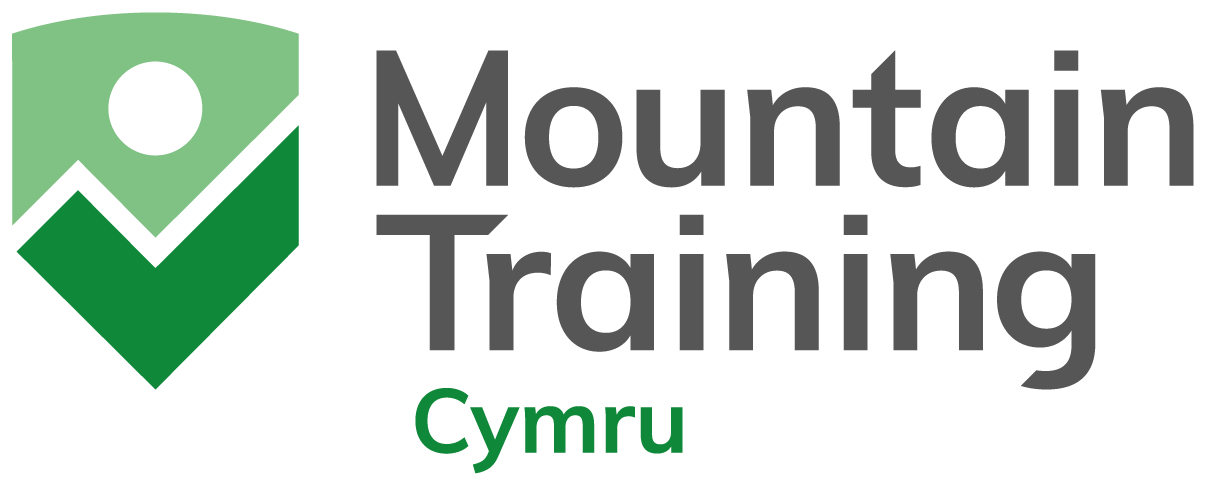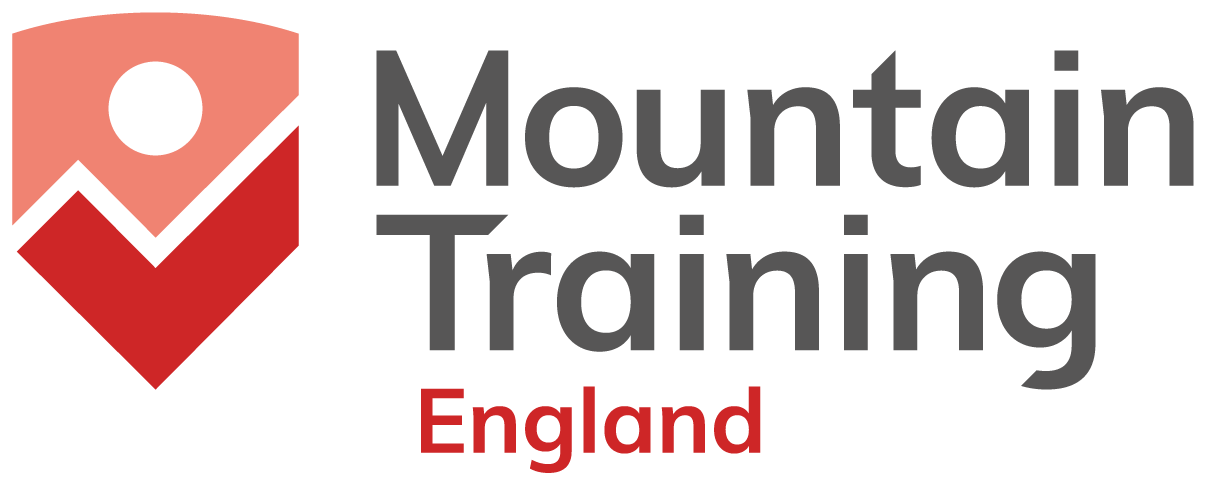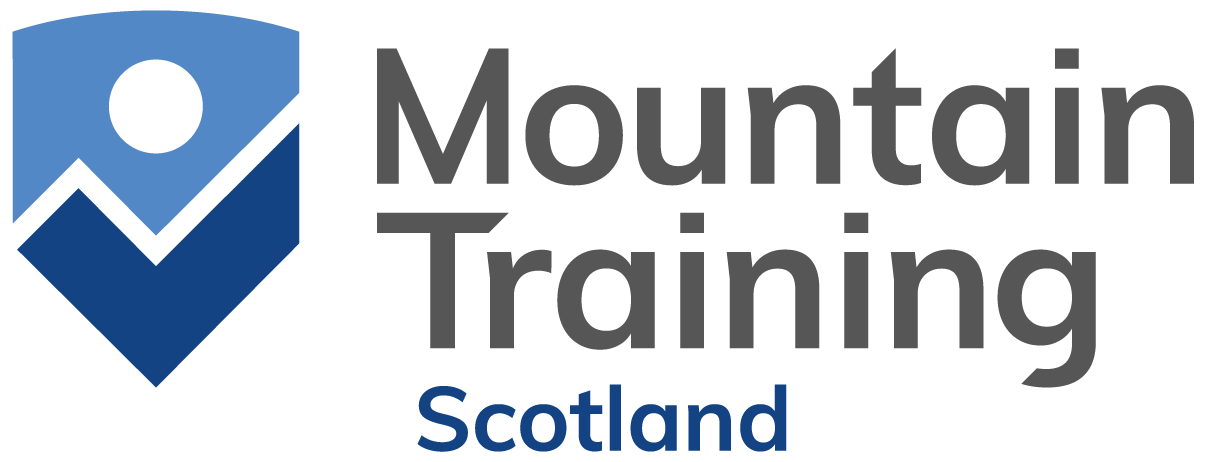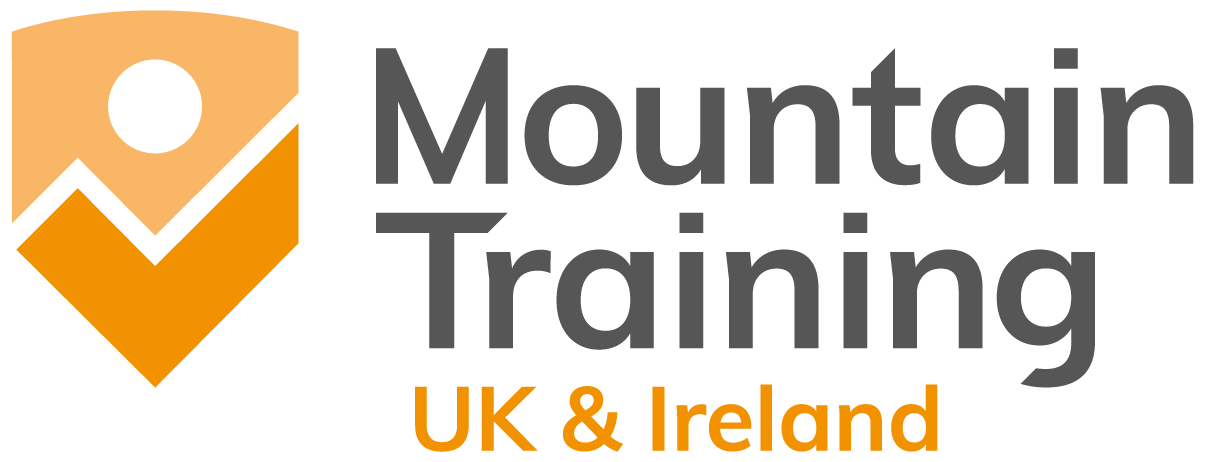Making my courses more inclusive
12.02.25By Al Halewood
I’m a 50 something white Mountaineering Instructor with a beard. I AM the stereotypical instructor. I provide all the Mountain Training climbing instructor qualifications including the coaching qualifications and that means I meet lots of candidates who are nothing like me at all. In recent years I’ve had a few experiences and changed a few things about my courses I thought I’d share. I am NOT an expert in inclusivity but I do try to do my best to create training and assessment environments that are accessible to anyone. These are just a few of my experiences and I’m still definitely a ‘work in progress’. Maybe they will prompt some discussion and reflection on how you work with others?
A few years ago I was running a Climbing Wall Instructor training course and at the start of day two, one of the participants asked if they could be referred to with the pronouns “they/them”. I was happy to say “yes”. There was a momentary eye roll from another candidate (similar age, same gender as me) but I put it to the group that the Mountain Training organisations were clearly in favour of supporting equal access to all and that as this was a Mountain Training course we’d all respect the candidate’s wishes. It was a first for me. It cost me nothing at all to do as they asked. But afterwards they told me how nervous they were to raise it as they weren’t aware of how receptive I would be and how glad they were that they had stepped forwards and it had gone well. Now I introduce myself along the lines of, “Hi I’m Alan, I’m directing your course, I go by he/him and if you would like to share any pronouns of your own please do and we will all make every effort to respect them.” An awareness of the Mountain Training ethos is a part of the syllabus for all the qualifications now and this is a great opportunity to start that discussion.
A year later the same candidate booked for assessment. Still being new to pronouns I had a moment where I wondered if asking people to declare them would make the candidate feel uncomfortable or in any way under extra pressure. So I asked them. They were very pleased I planned to introduce the assessment by giving people the opportunity to share pronouns and said they felt “more as if they belonged” if that was how the course ran. It costs me nothing. But it can make a huge difference to some candidates’ experience of the course.
On another occasion I was running a Development Coach assessment for a very experienced candidate. The bulk of the assessment is portfolio-based, with lesson plans and reflective work based on those sessions before a final practical. The default is for the portfolio to be sent as a Word document. But this candidate explained that they were very dyslexic. My wife and my son are both dyslexic so that’s something else I’ve been on a learning journey with. A short chat and a bit of exploration and we found an app that would transcribe his speech into text. It was even free. It took me a little reorganising of what became a ‘stream of consciousness’ and some questions to direct his reflection, but that’s often the case anyway. A ‘reasonable adjustment’ that was again welcomed by the candidate. I’ve learned just about anyone can learn the way that seems suited to dyslexic people. But people with dyslexia can’t easily learn the way non-dyslexic people can. Now that candidate course directs for me and of course he teaches in a way that just about everyone can manage.
I try to use less text, more images and multi-media and I’ve accepted work in video and transcribed from audio form. On a recent course we were talking through the various bodies such as NICAS, MTS/C/E/I/UKI/A, Mountaineering Scotland and the BMC. It was suggested by a neurodivergent candidate that just having laminated copies of the logos to move around on the table, maybe to create an organisational chart under some headings, would make things much easier for them. Such a simple and obvious change but so easily missed or ignored.
I recently ran a course for a women’s climbing club. I sent out my joining email as usual and the cynic in me assumed that it would be skimmed over and barely read. I was really surprised when during the end of course debrief some of the questions and statements I now put in my emails were quoted back to me and highlighted as having been important to the success of the course in the eyes of some candidates.
Things that were highlighted:
- I ask if anyone considers themselves to be neurodivergent (such as on the autistic spectrum or dyslexic) or has any particular physical needs (including injuries) they want me to be aware of. I ask them to let me know and help me by explaining anything I should try to avoid or help them manage. Anything shared is confidential if they wish, though some things become evident to others as the course begins. (On the women’s club course, one candidate shared that noisy crowds made them uncomfortable and that it would be harder to learn in that environment. The group noticed how I moved the team and that candidate within the group to shield them in a busy climbing wall at kids’ club time – this led to a discussion about the Mountain Training leadership and decision-making model – another syllabus point ticked.)
- I always say that I will offer the opportunity to share pronouns and that the Mountain Training ethos is clear that we support everyone in accessing the qualifications and that includes respecting people’s wishes about what they are called.
- I ask if they have any particular worries or concerns about things they might be asked to do or areas of the syllabus to let me know so I can help support them.
- On training courses I always point out that it’s a training course and not an assessment and that whilst some questions may seem silly, all questions are welcome! I also make it clear that although I’m the course director, I’m not perfect and that in a busy climbing environment where people are learning new things it’s important to ensure safety that we double check each other’s practise and speak up if we see something, anything at all, we are uncertain about.
Two of the six candidates originally had no intention of ever considering assessment but just these statements/questions started them down a thought process that it might be for them. By the end of the course they felt that they ‘belonged’ sufficiently to be entering consolidation and moving towards assessment like all the other candidates.
This may seem a little self-congratulatory, but I think it’s important to share stories of what has worked. I’m not much of an original thinker, most of what I’ve done is a product of talking with the candidates themselves, or peers, rather than my own ideas. Another source of knowledge and ideas are the inclusive climbing courses run through Mountaineering Scotland and the BMC.
And of course, the above is not just relevant to qualification courses. Can we make all of our courses more accessible and inclusive?
